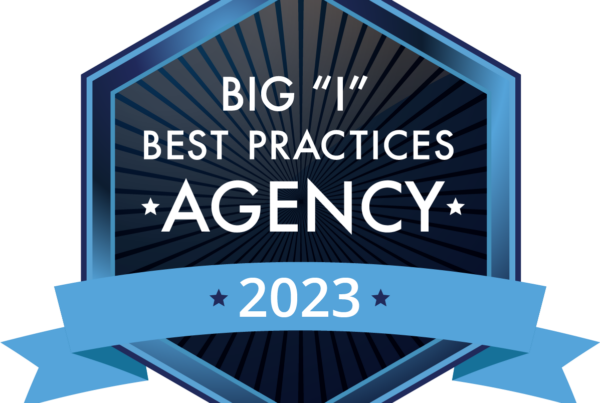Quick Tips for New & Emerging Contractors in Establishing & Growing Your Bonding Capacity
Bonding is the lifeblood for contractors who regularly pursue government projects. In order to even have the ability to turn in a bid on most government projects, contractors must post bid bonds. And then must provide performance & payment bonds upon award of the project before they can actually start work.
If you’re new to this arena of bonded work, the process for obtaining bonds and growing your capacity can seem daunting. Here are a few quick tips for establishing & growing your bonding capacity:
#1 Have a good general understanding of whether you have good credit or bad credit, both for your business & personally.
- The introductory pathway to establishing bonding is through a credit-based bond program, where the primary driver of acceptability or declination in the program is credit. Although most bond companies don’t perform a hard credit pull, such as what credit card companies & banks do, but bond companies’ algorithms include a large component of credit. If you have good credit, then you’re likely in good shape. If you have poor credit, then you’ll have a tougher time, and you must be able & willing to provide commentary of what has caused your poor credit and what you’re doing now & will be doing in the future to improve it.
#2 Provide good evidence of sizeable previous projects you’ve completed.
- As a general rule of thumb (but is certainly not always the case), a contractor’s single bond limit is up to 2x your largest completed project of similar type/scope. The bond companies will want to know what you’ve done in the past in determining what they think you can do in the future.
#3 Once you start going after more sizeable bonds, generally over $500,000, be prepared to provide financials & other info.
- As projects/bonds become larger, more information will be needed besides the one-page application for the credit-based program. One of the largest components of evaluation of larger bonds & programs is analysis of corporate & personal financials.
#4 Work with an experienced & proactive bond agent.
- A great bond agent brings a wealth of value as you establish & grow your bond program, rather than simply serving as a conduit of information between you and the bond company. Rather than passing paper, a great bond agent educates along the way, is hands-on with helping you navigate the waters of bonding and is continually proactive in improving your bond standing as you progress. He or she should provide guidance on financial structure, procurement procedures, legal/contractual matters, economic & political factors that could impact your business, and so much more. A great bond agent is someone who is in your corner no matter what, delivering value where you need it in helping you to achieve your professional & personal goals.
This article was written by Ben Dycus.
Ben has been with Houchens Insurance Group since 2008, when he started as an intern in our Lexington office. He became the Lexington surety department’s sales leader in 2012 and continues in this role today. He works with clients in various industries & situations where bonds may be needed, primarily in the construction industry. He understands the importance of the surety relationship in establishing, maintaining, and growing surety programs and accommodating individual bonds needs with the utmost efficiency, effectiveness, and proactiveness, supporting his clients and freeing them up to optimally pursue their business & personal goals.




